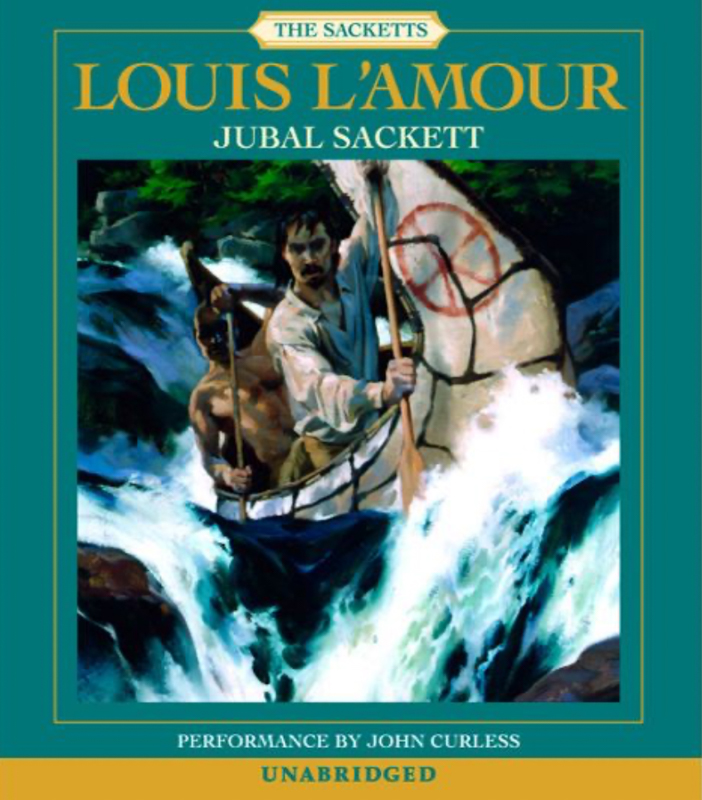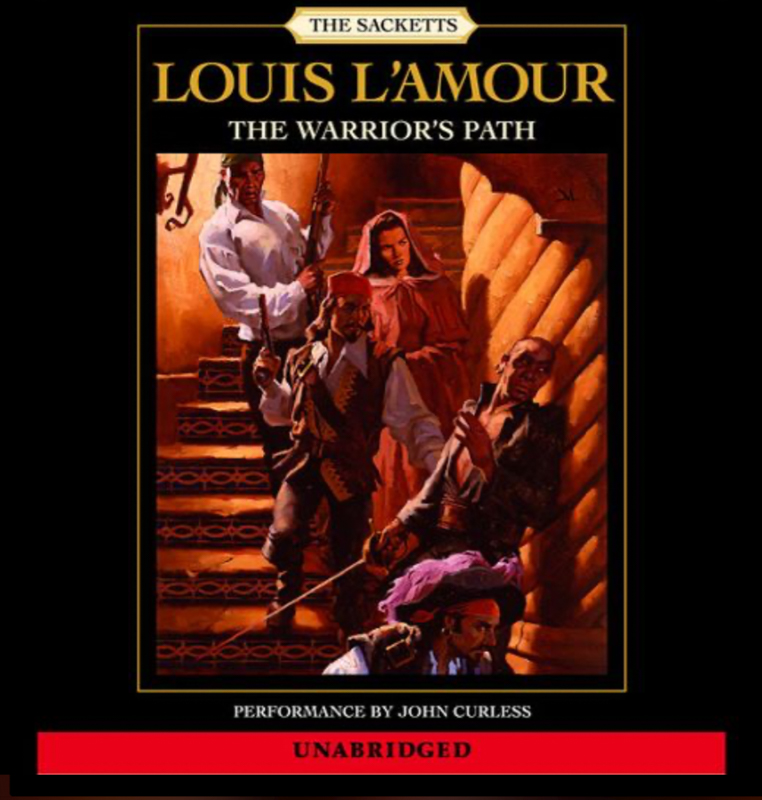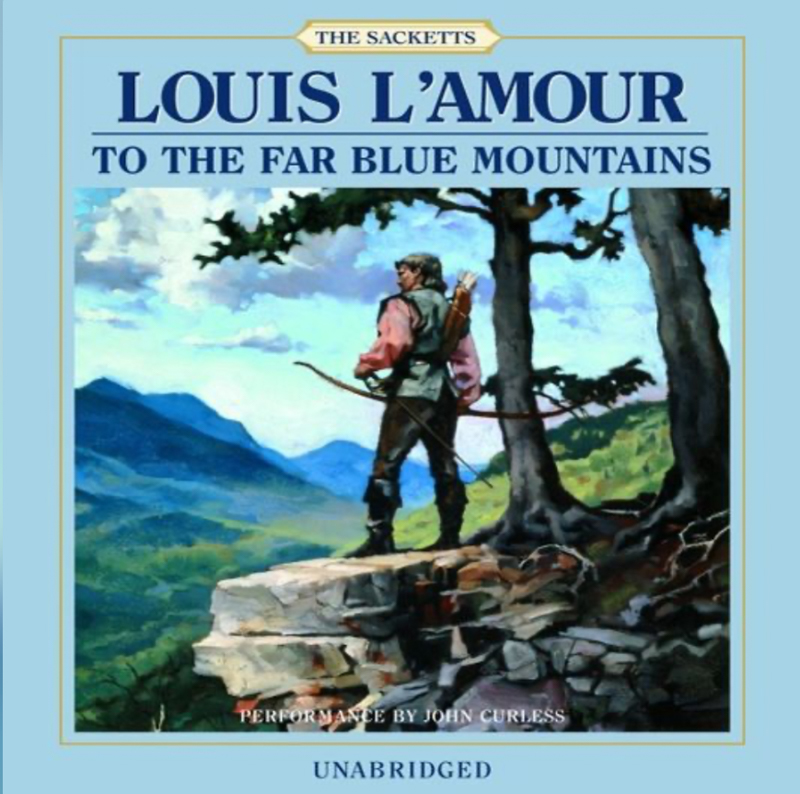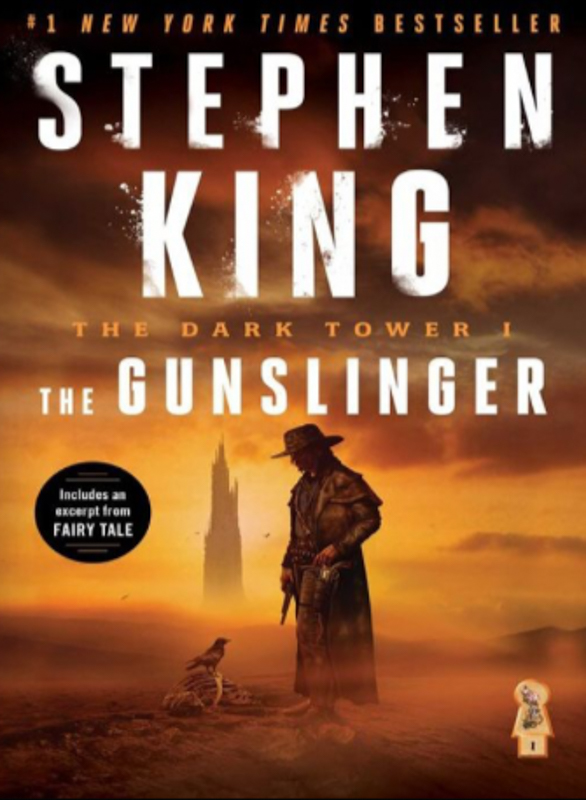Jubal Sackett
Background
Published in 1985, “Jubal Sackett” by Louis L’Amour is the fourth novel in the Sackett series, chronicling the adventures of Jubal, the restless son of Barnabas Sackett. A natural explorer, Jubal embarks on a solitary journey into the uncharted wilderness of early America, seeking both adventure and a deeper connection with the untamed land. Along the way, he encounters challenges from hostile tribes, dangerous wildlife, and the harsh elements.
Jubal’s quest takes on a greater purpose when he meets a Natchez princess, Itchakomi, and vows to protect her as she seeks refuge. Together, they navigate the perils of the frontier, with Jubal’s survival skills and honor guiding their way. The novel is a tale of courage, independence, and the spirit of exploration that captures the essence of the American frontier.

My Thoughts
This was easily my favorite book in the Sackett series thus far. L’Amour’s style remains straight forward and raw, yet he is finding his stride in this series. He seems to be more comfortable with the subject matter as the story stayed within geographic United States and as the story moved West of the Mississippi. I’m excited for the next book in the series to take it even further.
The evolution of the friendship of Jubal and Keokotah was fun to watch develop. Being a bit of a loner himself, L’Amour did a great job depicting how two men could spend so much time together without feeling the need to fill in every silence with conversation.
The strong silent figure seems to have diminished from more contemporary culture. However, I remember back in the 80’s when this was published, the male ideal was much more stoic and isolated. Certainly in the Western genre the archetypical hero was a man of few words but able to take action if needed. I guess we still see it somewhat in action movies but I can’t think of many other places it still exists. It has been interesting watching societal expectations of men change over the last 40 years or so. I wonder what my father would think of today’s expectations for men and how my sons will see their role as they venture into adulthood.
All in all, this book served as a wonderful time capsule back to a different time and a different culture.
Recommendation
This was the best Sackett book I’ve read so far and it could stand on its own.


